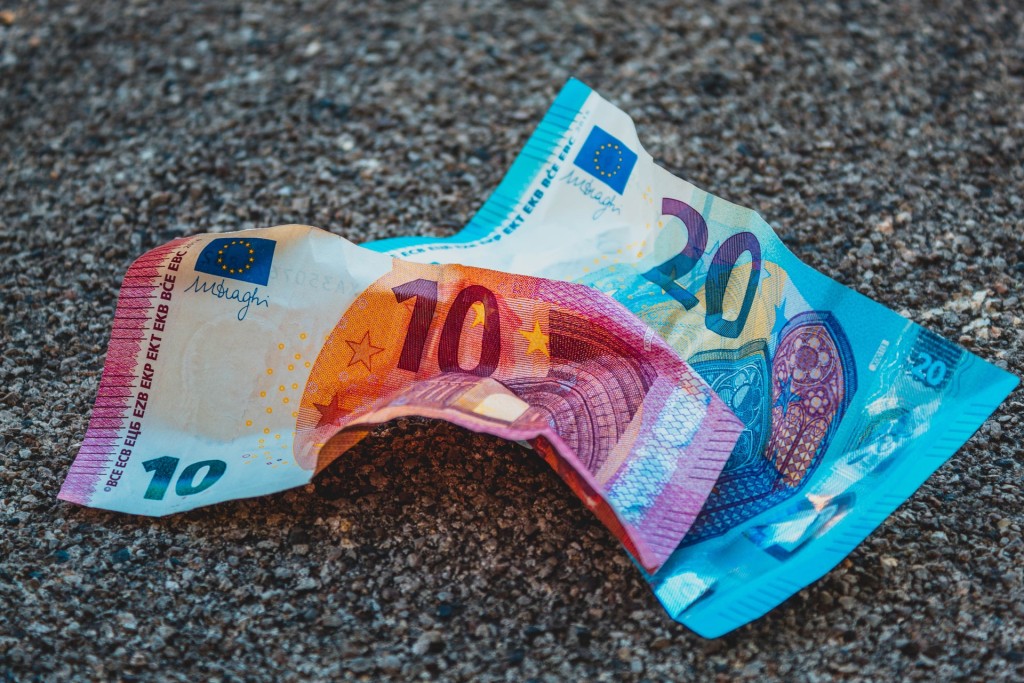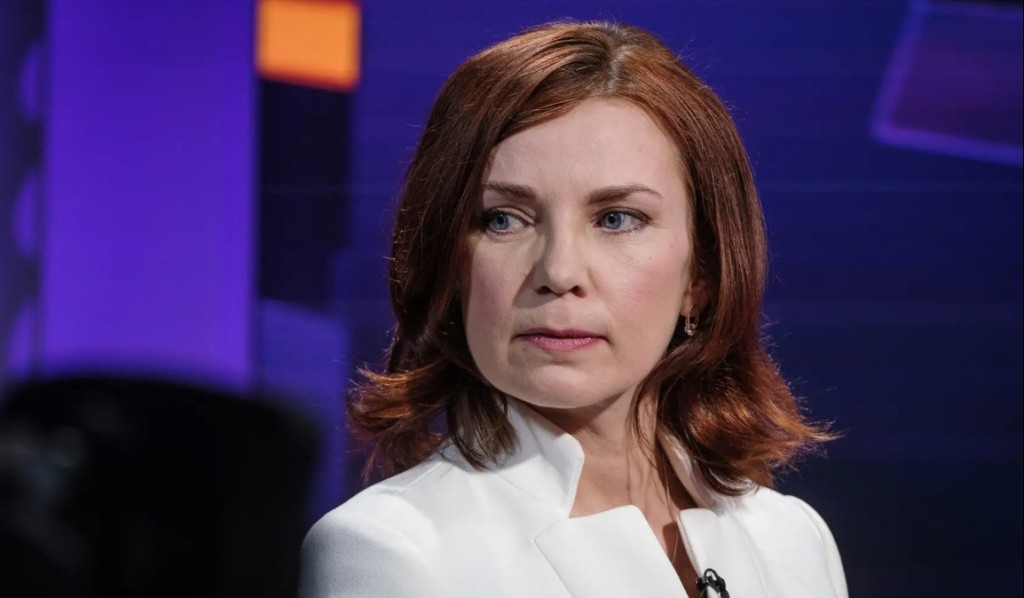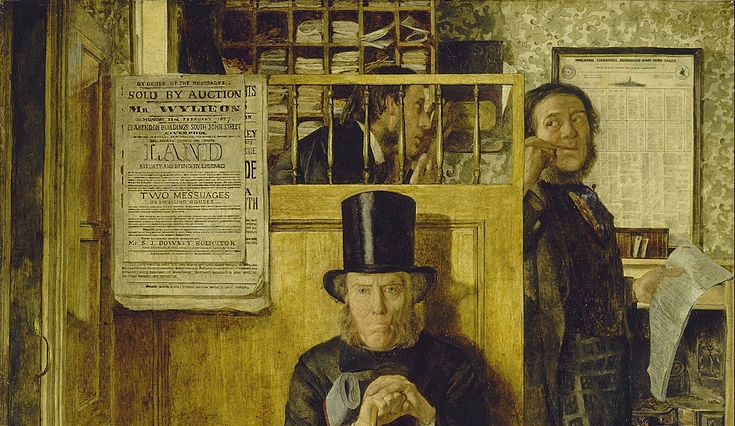
Will Efficiency Be Curse in EU?
Amazon is not only a large retailer, but also the creator of the digital marketplace. And on that marketplace, it allows other sellers to sell for a fee. And it also allows those who are interested to do something extra.



![DMA Amendments: Targeted Online Advertising [PUBLICATION] DMA Amendments: Targeted Online Advertising [PUBLICATION]](https://4liberty.eu/phidroav/2022/01/online-advertising-computer-data.jpg)







